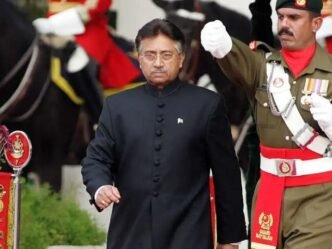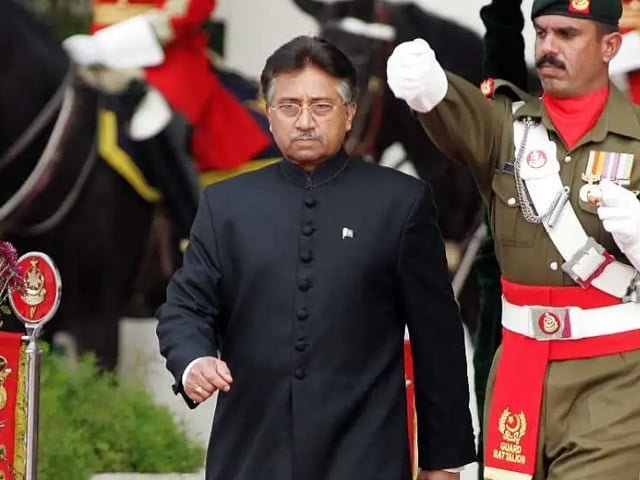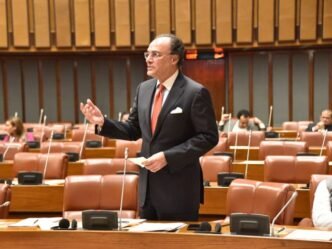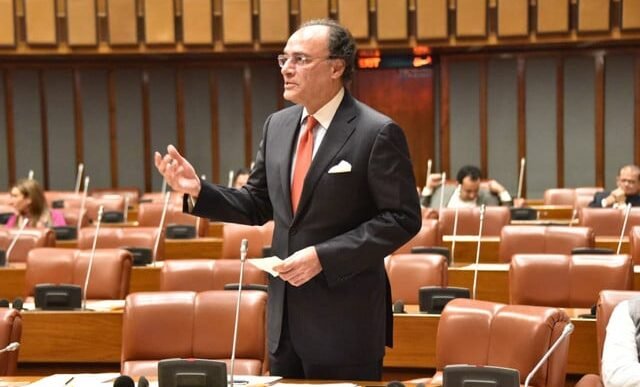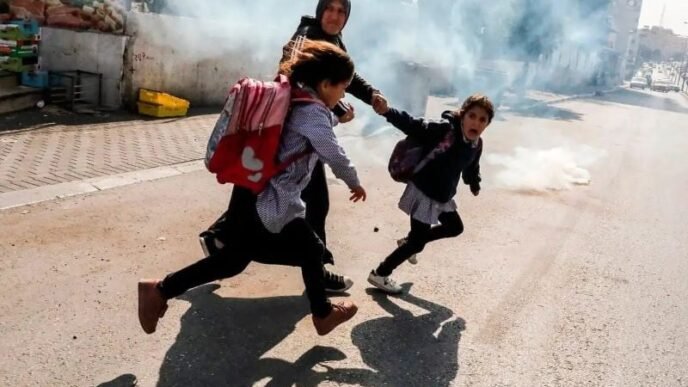A piece of land in northern India, once owned by the family of late president and former chief of army staff Pervez Musharraf is being put up for sale, according to reports from Indian media.
The property, spanning over three hectares in Kotana Bangar village in Uttar Pradesh, is set to be auctioned under the Enemy Property Act, the Indian Express revealed. This law permits the Indian government to seize and sell properties belonging to Pakistani nationals.
The auction, which is being conducted online, will close on September 12. The legislation facilitating the sale dates back to 1962 when India passed a law allowing the confiscation of assets belonging to those who had chosen Pakistani citizenship following the 1947 Partition.
This mass migration between India and Pakistan saw numerous properties fall under the jurisdiction of the Enemy Property Act.
Local sources claim that Musharraf’s ancestors once lived in Kotana, and while the family relocated to Pakistan after Partition, their ancestral land and home remained behind in the village.
Musharraf’s parents, Begum Zareen and Musharrafuddin, had their roots in the area, marrying in the town before moving to Delhi in 1943, where Pervez Musharraf was born.
Musharraf, who seized power in a military coup in 1999, served as the country’s 10th president from 2001 to 2008. His time in office was marked by a strong alliance with the United States, particularly during the war on terror. However, his tenure was not without controversy, facing significant backlash for dismissing judges and imposing martial law.
As reported by the BBC, Musharraf’s political career ended in 2008 following a defeat at the polls, which led to his resignation. Later, in 2019, he was sentenced to death in absentia for treason.
In India, approximately 9,500 properties classified as ‘enemy properties’ have been identified, most of which belong to Pakistani nationals from the time of the Indo-Pakistani wars.
These properties are collectively valued at over 1,04,339 crore Indian rupees ($12,428 million), according to PRS India, a New Delhi-based research organisation.
On the other side of the border, Pakistan established the Evacuee Trust to manage properties left behind by Indians who migrated. These properties were either repurposed to settle Muslim refugees or sold for revenue generation, with religious sites preserved under the trust.
